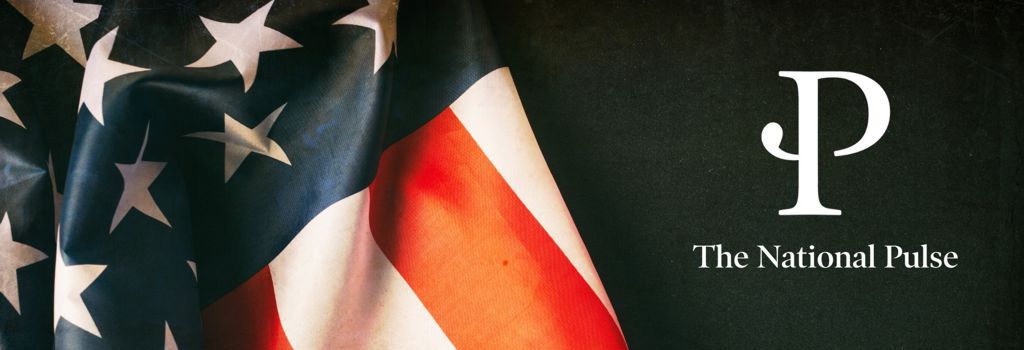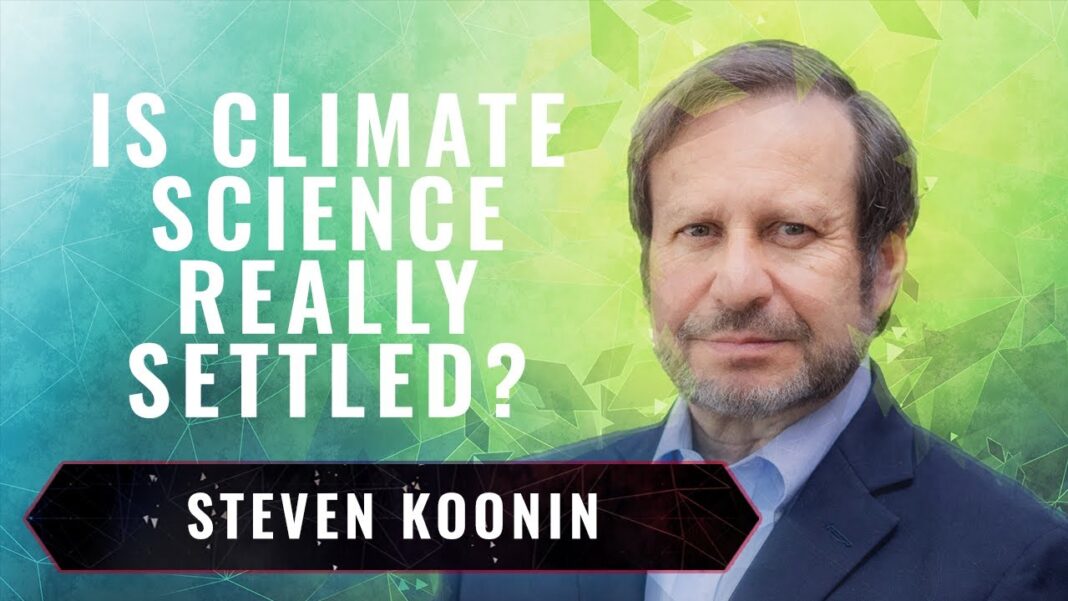
On the Monday before Easter 2021, Gallup published a poll indicating that membership of a church, synagogue, or mosque had dropped below fifty percent of U.S. adults for the first time in eight decades.
He worked to seize what he considered a constructive vision of eugenics from the jaws of Nazi race theory, trading out the more explicit word “race” for the phrase “ethnic groups.” While Julian Huxley did not believe the unfit should be slaughtered, he did believe in separating them from society and discouraging their reproduction.
An Oxford-educated First World War veteran, Huxley’s main contention with Communism and Nazism seems to have been that they were destructive social movements of a religious nature, at odds with his desire to reconfigure the field of biology as a means of social reconstruction for a post-religious era. As the first Director-General of UNESCO, Huxley put population control on the agendas of the United Nations, the World Health Organization, and other international assemblies.
His true life’s work was not scientific research, but developing a creed he called evolutionary humanism: faith in mankind and its potential.
His February 16, 1975 obituary in The New York Times records that “in the early thirties Huxley’s writings took a marked philosophical tack as he strove to formulate the implications for man of the rapid increase of scientific knowledge… He suggested that a religious spirit did not require belief in mysticism or in the supernatural, and indeed was circumscribed by such beliefs.”
“Of all Huxley’s views, his evolutionary humanism was the most far‐ranging and the most disputed, for it sought to offer a field theory of evolution as well as a set of behavioral, ethical and religious tenets for modern man. The core of his theory is that man now has the capacity to be ‘the sole agent of further evolutionary advance on this planet.’”
This belief caused Huxley to become known as the father of transhumanism. According to him, in order for man to truly drive his evolution forward, a reconfiguration of religious belief was necessary.
Christianity – in Huxley’s view – would pass away. A secular religion, where knowledge and relationship with self was as crucial as knowledge and relationship with God, would take its place.
In his essay The New Divinity (1965), part of Essays of a Humanist, Huxley proffered his theory on the future of religion in an age of rapid scientific advancement: obsolete, monotheistic faiths must, and will, be supplanted by evolutionary humanism in order to sustain progress.
“The radical evolutionary crisis through which man is now passing can only be surmounted by an equally radical reorganisation of his dominant system of thought and belief . . .
“The central long-term concern of religion must be to promote further evolutionary improvement and to realise new possibilities; and this means greater fulfilment by more human individuals and fuller achievement by more human societies . . .
“A religion of fulfilment must provide bustling secular man with contacts with all that is permanent and enduring, with the deeper and higher aspects of existence; indeed, with every possible opportunity of transcending the limitations not only of his day-by-day existence in the equivalents of shared worship, but of his little secular self in acts of meditation and self-examination and in retreats from the secular world of affairs….Christianity is a universalist and monotheist religion of salvation. Its long consolidation and explosive spread, achieved through a long period of discussion and zealous ferment, released vast human forces which have largely shaped the western world as we know it. An evolutionary and humanist religion of fulfilment could be more truly universal and could release even vaster human forces, which could in large measure shape the development of the entire world. But its consolidation and spread will need a period of discussion and ferment, though with modern communications this is likely to be much shorter than for Christianity.”







